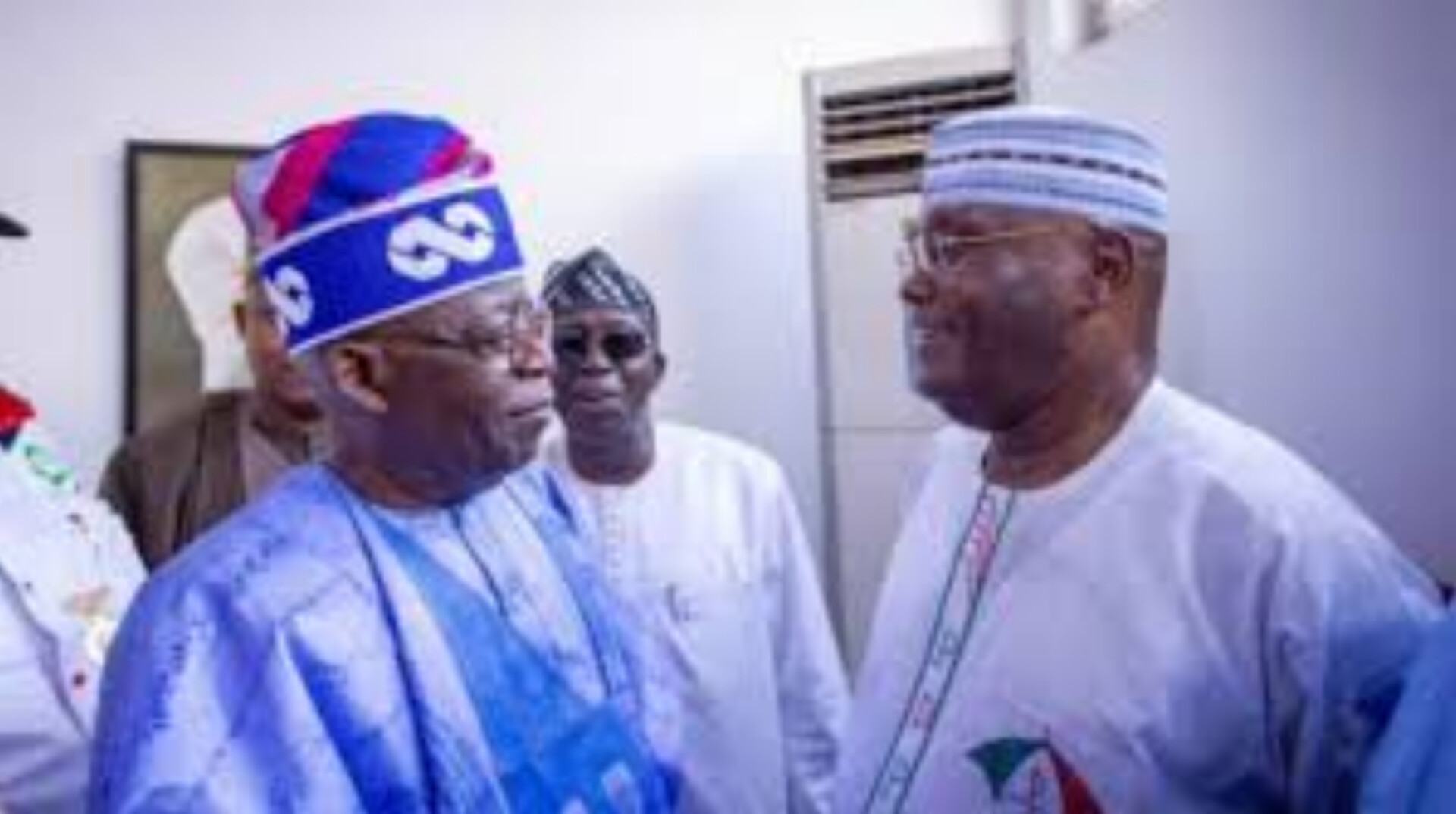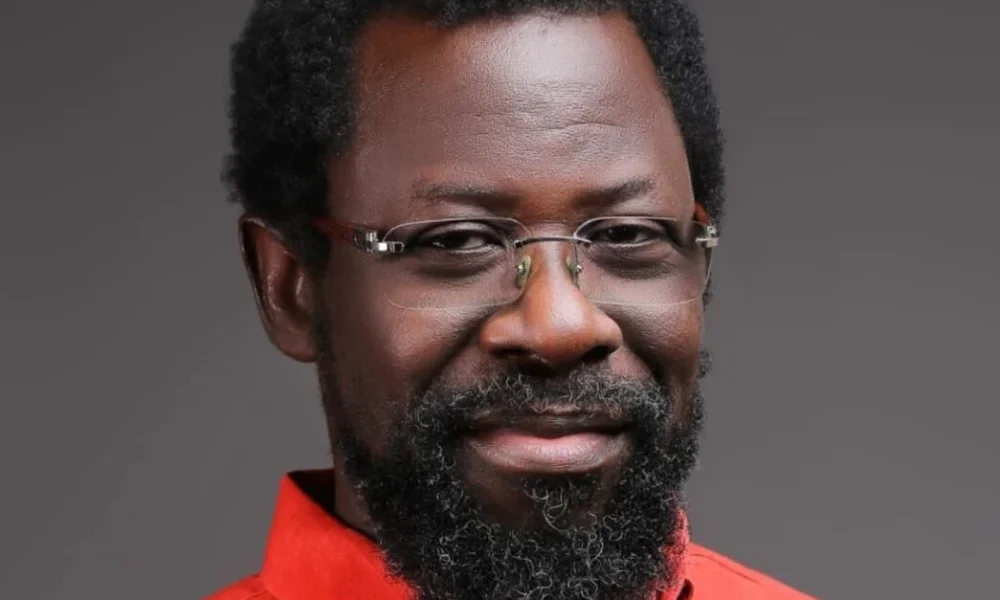***Asks judge to Fast-track process to beat deadline
You cannot use the excuse of privacy law to stop the release of your academic records from the Chicago State University (CSU), the candidate of the Peoples Democratic Party (PDP), in the last presidential election, Alhaji Atiku Abubakar has told President Bola Ahmed Tinubu.
Atiku, who stated this in his reply to Tinubu’s objection to the order of Magistrate Judge Jeffrey Gilbert, maintained that Tinubu’s objection was incompetent and lacking in merit.

According to the former Vice President, all the grounds of objections raised by Tinubu against the execution of the lawful order of the magistrate court were resolved by Justice Gilbert after listening to parties.
Recall that the court had on September 19, held that Atiku’s application for discovery outweighs Tinubu’s plea for protection under the privacy law.
Tinubu had, amongst other grounds, for the denial of Atiku’s request submitted that Judge Gilbert erred in directing the CSU to release documents bordering on Tinubu’s Diploma certificate, transcripts and admission letter amongst others.
But Judge Gilbert pointed out that the case of Atiku has merit as it has to do with Tinubu’s qualification for the 2023 presidential election, which he (Tinubu) won.
Dissatisfied, Tinubu last Thursday begging a Federal High Court presided by Judge Nancy Maldonado to delay the enforcement of the order till Monday, September 25, when he would formally file his objection.
At Monday’s proceedings, Tinubu had, amongst others, argued that the granting of the order violates his right to privacy and breached the US law regarding the release of academic records.
Specifically, Tinubu had argued that what the discovery Applicant seeks is intrusive because educational records are private and protected from disclosure under the Federal Educational Records and Privacy Act, 28 U.S.C. § 1232(g) (“FERPA”).
But Atiku, in his latest move, argued that the law of privacy pleaded by Tinubu to stop the release of his academic records was not relevant in this instance.
Atiku’s lawyer, Angela Liu, in her reply, pointed out that the FERPA and analogous state laws do not create an independent privilege for educational records and cannot serve as a shield against a court-issued subpoena.
According to the applicant, “the assertion of a privilege or privacy interest under FERPA is a nonstarter; the statute does not give individuals any enforceable rights”, adding that, “FERPA does not provide a privilege that prevents the disclosure of student records.”
Moreso, Atiku argued that Tinubu cannot plead protection when he “has placed its educational records at issue, ECF 40 at 25-26 (explaining that Intervenor put his diploma at issue by submitting it to INEC and Tinubu’s records have already been introduced into the Nigerian proceedings, including by Tinubu himself, and widely published in the media”.
Stating further that through various proceedings, Tinubu has submitted his own educational records for consideration by courts and indeed by the public, Atiku submitted that Judge Gilbert correctly decided that the balance of the Intel discretionary factors weigh in favor of granting the discovery.
“The Objections are meritless.”
Apparently justifying the need for Tinubu’s contentious academic records to be released, Atiku insisted that a mechanism exists in the Supreme Court of Nigeria to admit fresh evidence.
He cited Supreme Court Order 2, which reads in part, “A party who wishes the court to receive the evidence of witnesses (whether they were or were not called at the trial) or to order the production of any document, exhibit or other thing connected with the proceedings in accordance with the provisions of Section 33 of the Act, shall apply for leave on notice of motion prior to the date set down for the hearing of the appeal.
“The application shall be supported by affidavit of the fact on which the party relies for making it and of the nature of the evidence or the document concerned.
“It shall not be necessary for the other party to answer the additional evidence intended to be called but if leave is granted the other party shall be entitled to a reasonable opportunity to give his own evidence in reply if he so wishes”.
While stating that his application is a straightforward Section 1782 application, Atiku submitted “Contrary to Intervenor’s inflated rhetoric, Applicant is not seeking “to conduct a fishing expedition into Intervenor’s private, confidential, and protected educational records.
“Rather, Applicant seeks to test (1) the authenticity and origin of twelve (12) pages of documents (including two very different diplomas) that purport to have been issued by CSU (the “CSU documents”) —all of which have already been submitted to the Nigerian courts and widely published in the media; and (2) the basis for CSU’s categorical assertion that Tinubu received a B.S. degree in 1979, given discrepancies between information in the CSU documents and information in his affidavit submitted to INEC.
“If, as Intervenor asserts, he graduated from CSU in 1979—and the CSU documents are authentic copies issued by CSU—there is no reason why he should oppose the limited discovery Applicant seeks.
“For the foregoing reasons, the Court should overrule the Objections in their entirety.
“If the Court overrules the Objections, Applicant respectfully requests that it enter an order requiring production of documents no later than October 2, 2023, and the deposition scheduled no later than October 3, to allow time for transcripts to be finalized, and the discovery obtained to be sent to Nigeria (which is six (6) hours ahead) by October 4 so that such evidence may, in turn, be filed with the Supreme Court by October 5, which is when Applicant’s Nigerian counsel intend to submit any new evidence to the Supreme Court”, he said.



